In today’s world, we are surrounded by numerous toxins that can affect our health and well-being. It’s important to be aware of these harmful substances and take steps to reduce our exposure. Whether it’s in the food we eat, the water we drink, or the products we use every day, environmental toxins are more common than we might think. By making small changes in our daily lives, we can protect ourselves and our families from potential health risks.
Contents
- 1 Lead (paint, pipes, toys)
- 2 Bisphenol A (BPA) (plastic containers, canned food linings)
- 3 Phthalates (cosmetics, plastic products, personal care items)
- 4 Formaldehyde (pressed wood products, household products)
- 5 Mercury (fish, fluorescent bulbs, batteries)
- 6 Pesticides (produce, household pest control)
- 7 Asbestos (insulation, old buildings)
- 8 Dioxins (industrial processes, meat and dairy products)
- 9 Polychlorinated Biphenyls (PCBs) (electrical equipment, contaminated water)
- 10 Arsenic (contaminated water, certain foods)
- 11 More From RetailShout
- 12 The 13 Unhealthiest Costco Bakery Foods
- 13 The 14 Oldest Steakhouses in The US
Lead (paint, pipes, toys)

Lead is a toxic metal that can cause serious health issues, particularly in children. Commonly found in old paint, pipes, and some toys, it can lead to developmental delays and learning difficulties. Reducing exposure involves using lead-free products and ensuring your home is free from lead-based paints. Alternatives include using water filters certified to remove lead and choosing non-toxic paints.
Bisphenol A (BPA) (plastic containers, canned food linings)
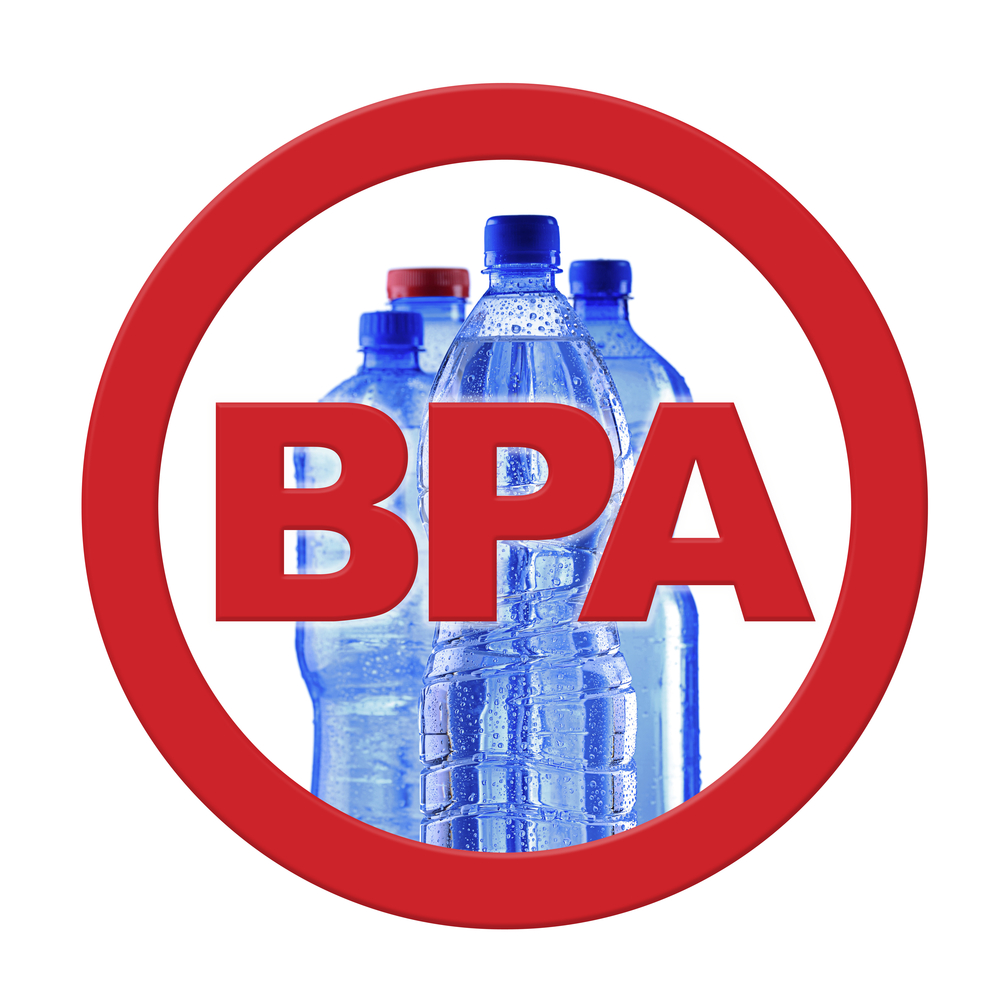
BPA is an industrial chemical used in the production of plastics and resins, often found in plastic containers and the linings of canned foods. This toxin can disrupt endocrine functions and has been linked to various health issues like heart disease and reproductive disorders. Opt for BPA-free products, such as glass or stainless-steel containers, and choose fresh or frozen foods instead of canned ones.
Phthalates (cosmetics, plastic products, personal care items)
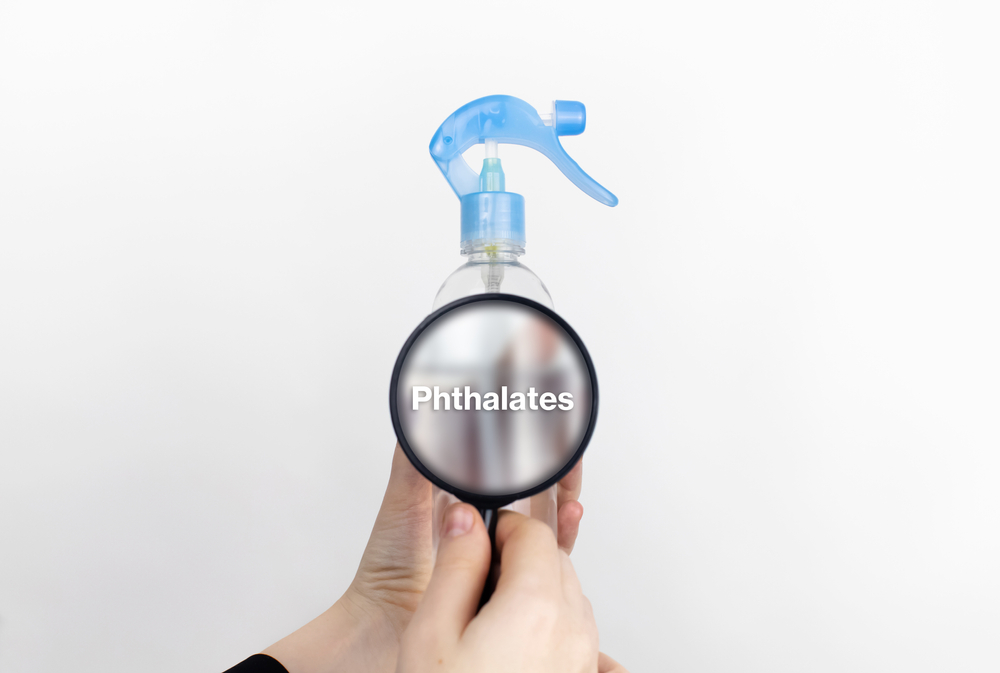
Phthalates are chemicals used to make plastics more flexible and are found in numerous products, including cosmetics, toys, and personal care items. These chemicals can interfere with hormonal balance, leading to reproductive and developmental issues. Switching to phthalate-free products and using glass or metal containers can significantly reduce exposure.
Formaldehyde (pressed wood products, household products)
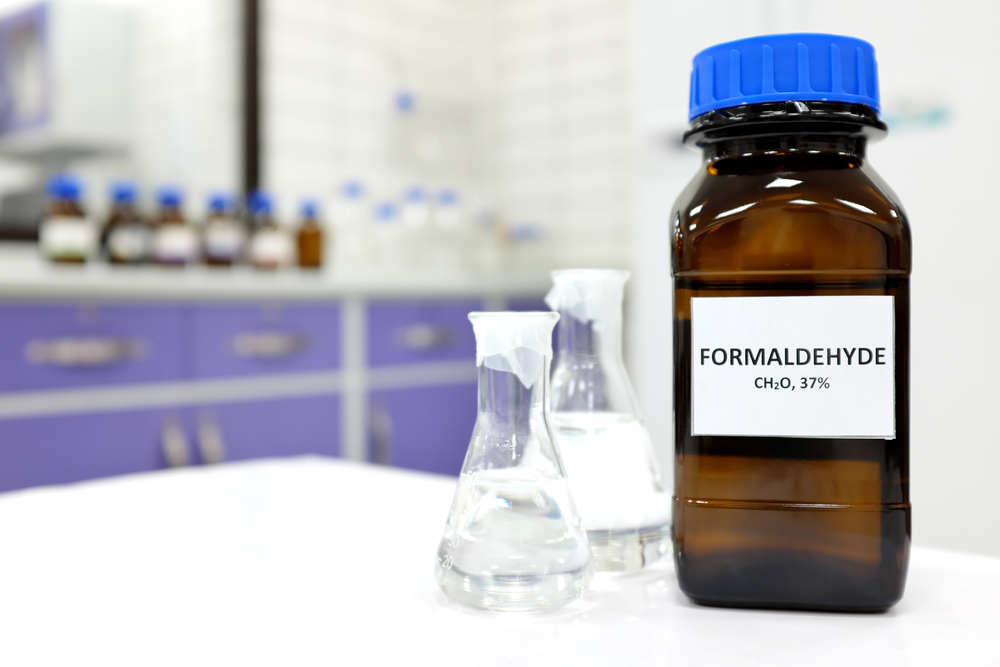
Formaldehyde is a common chemical in pressed wood products and various household items like adhesives and fabric softeners. Exposure to formaldehyde can cause respiratory problems and has been classified as a carcinogen. To minimize exposure, opt for solid wood furniture and use formaldehyde-free household products.
Mercury (fish, fluorescent bulbs, batteries)
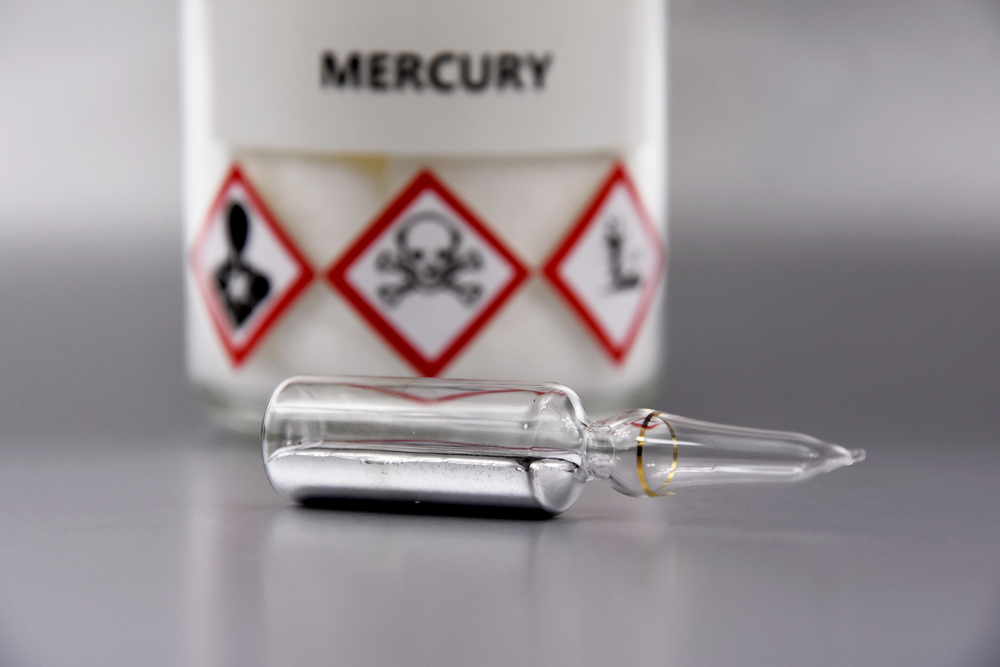
Mercury is a heavy metal found in certain types of fish, fluorescent bulbs, and some batteries. It can cause severe neurological and developmental damage, especially in fetuses and young children. Reducing mercury exposure involves avoiding high-mercury fish like shark and swordfish and using LED bulbs and mercury-free batteries.
Pesticides (produce, household pest control)

Pesticides are chemicals used to kill pests but can be harmful to humans. They are often present in conventionally grown produce and household pest control products. Pesticides have been linked to various health problems, including cancer and endocrine disruption. Using organic produce and non-toxic pest control methods can help reduce pesticide exposure.
Asbestos (insulation, old buildings)
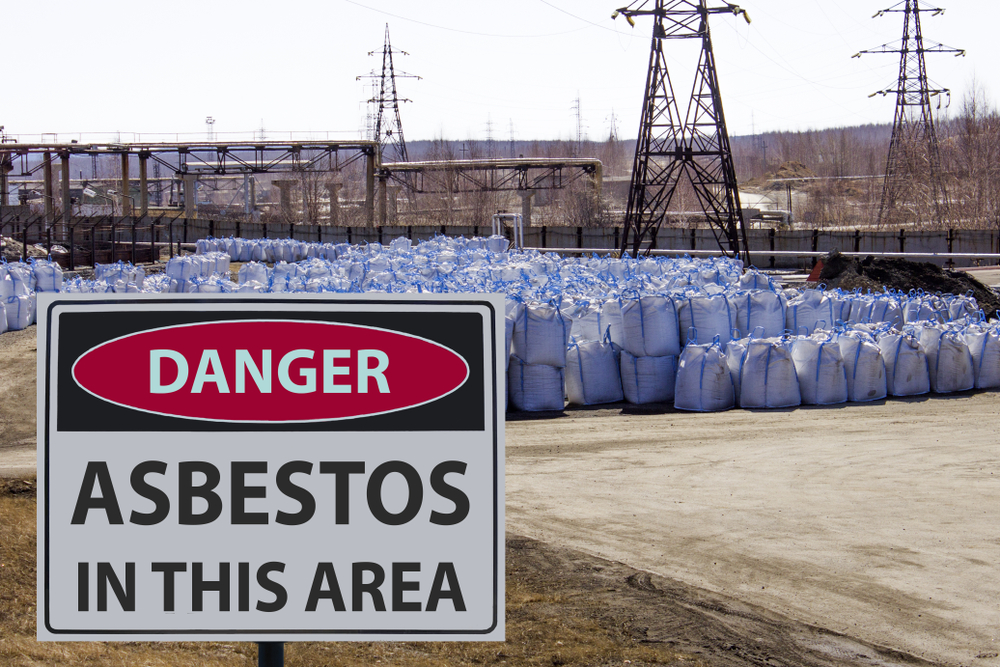
Asbestos is a natural mineral once widely used in building materials for insulation. When inhaled, asbestos fibers can cause lung disease and cancer. Reducing exposure involves avoiding disturbing asbestos-containing materials and hiring professionals for removal if necessary. Opt for asbestos-free insulation and building materials in new constructions.
Dioxins (industrial processes, meat and dairy products)
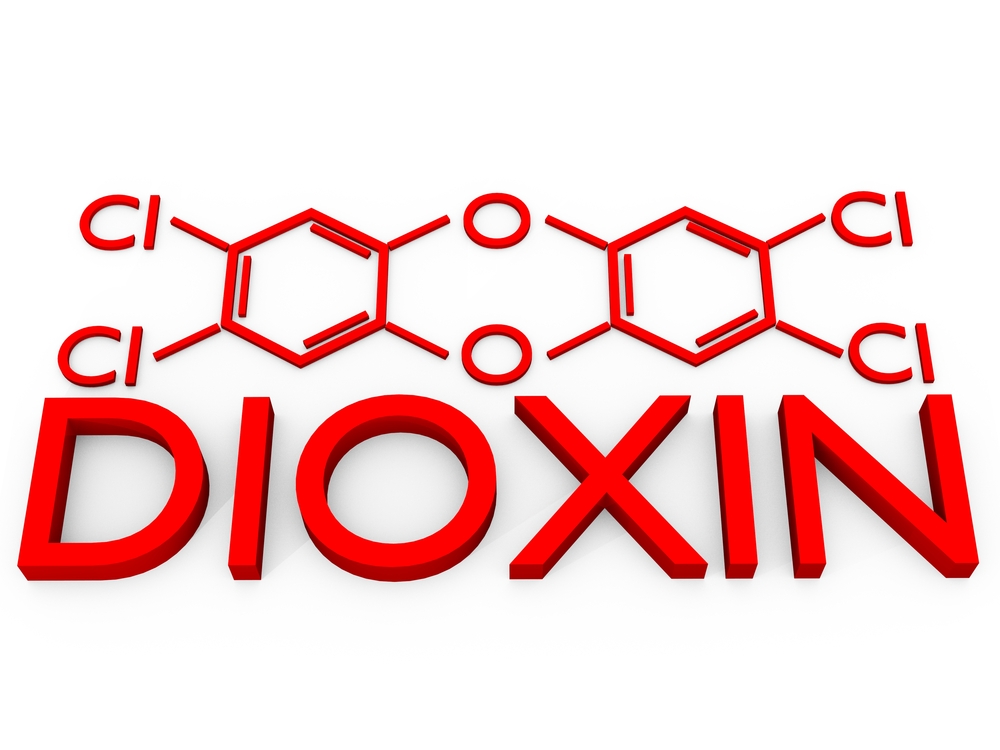
Dioxins are byproducts of industrial processes and can be found in meat and dairy products due to bioaccumulation. They are highly toxic and can cause reproductive and developmental problems, damage the immune system, and increase cancer risk. Reducing dioxin exposure includes eating lower-fat dairy and meat products and supporting industrial practices that minimize dioxin emissions.
Polychlorinated Biphenyls (PCBs) (electrical equipment, contaminated water)
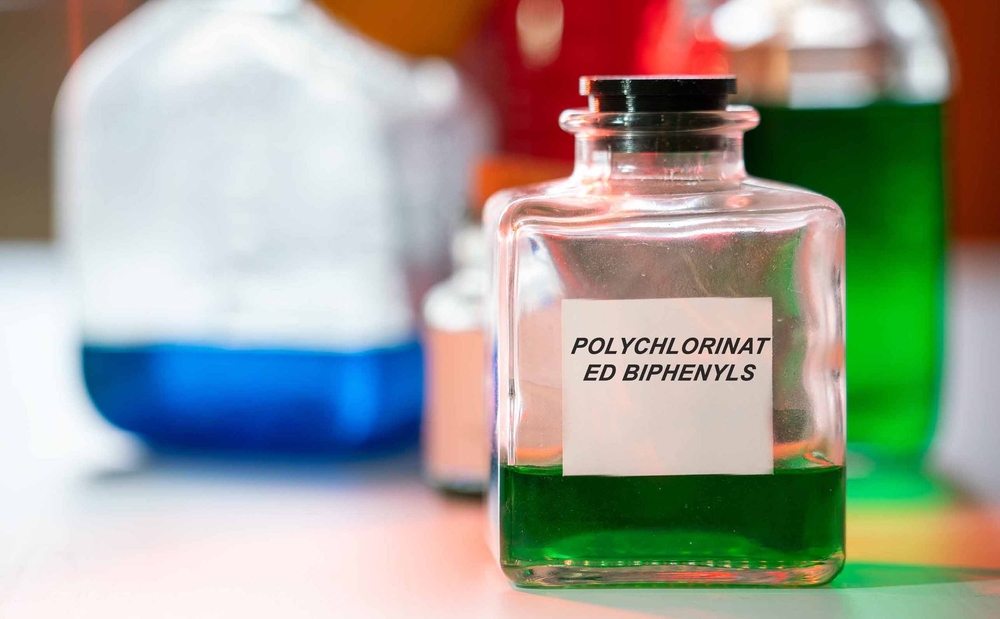
PCBs are chemical compounds used in electrical equipment and can contaminate water sources. These toxins are linked to cancer and adverse effects on the immune, reproductive, nervous, and endocrine systems. Avoiding products containing PCBs and supporting clean-up of contaminated sites are ways to reduce exposure. Choose products labeled PCB-free and filter drinking water.
Arsenic (contaminated water, certain foods)
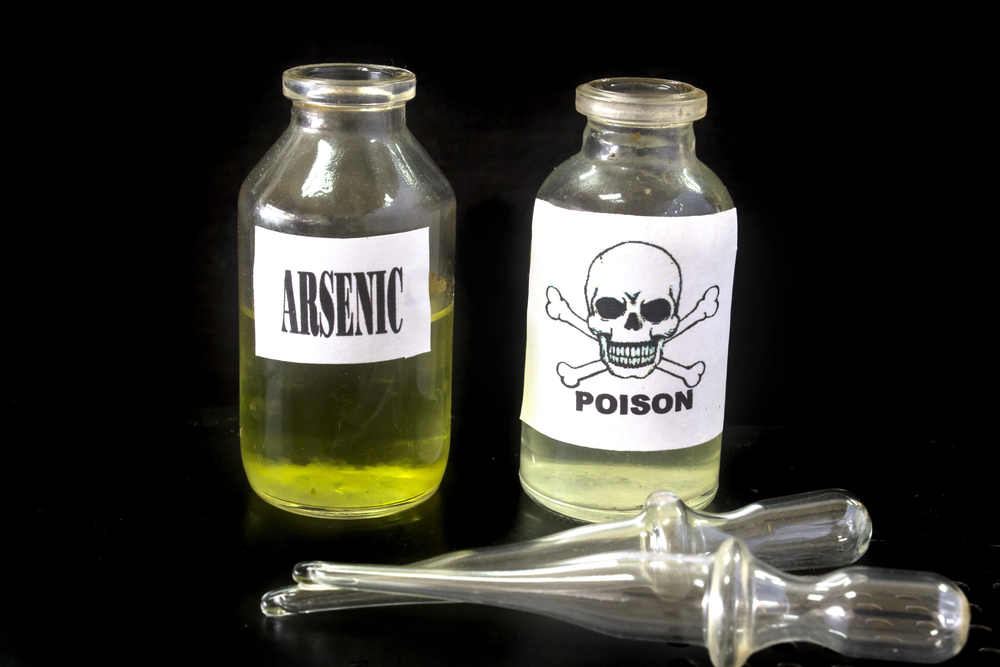
Arsenic is a toxic metalloid found in contaminated water and some foods, particularly rice. Chronic exposure can lead to various health issues, including cancer and cardiovascular disease. Using water filters that remove arsenic and varying your diet to reduce rice consumption can help minimize exposure.
This article originally appeared on RetailShout
More From RetailShout
15 Delicious Prepared Meals to Get at Trader Joe`s

A rich and creamy Indian-inspired dish that’s packed with tender chicken in a flavorful tomato sauce. Simply microwave or heat on the stove, and pair with rice or naan. Read More.
The 13 Unhealthiest Costco Bakery Foods
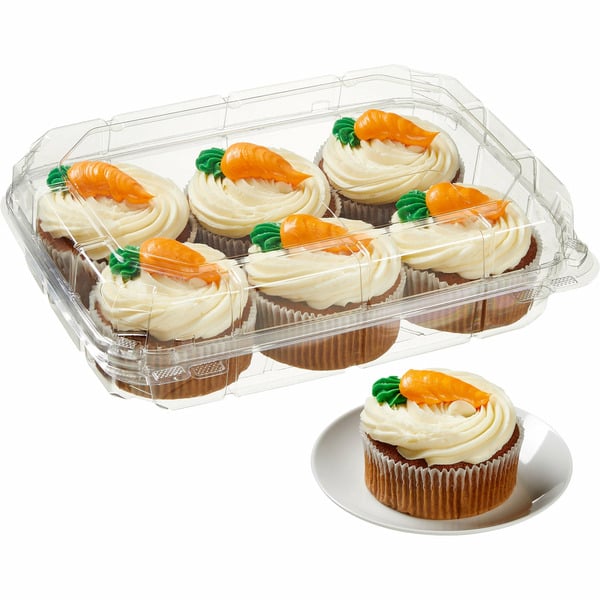
Walking through the Costco bakery section can be both a delight and a challenge. The aroma of fresh-baked goods is irresistible, and the selection is vast. Read More.
The 14 Oldest Steakhouses in The US

Steak lovers, gather ’round! Ever wondered where you can find the oldest and most iconic steakhouses in the United States? Read More.






